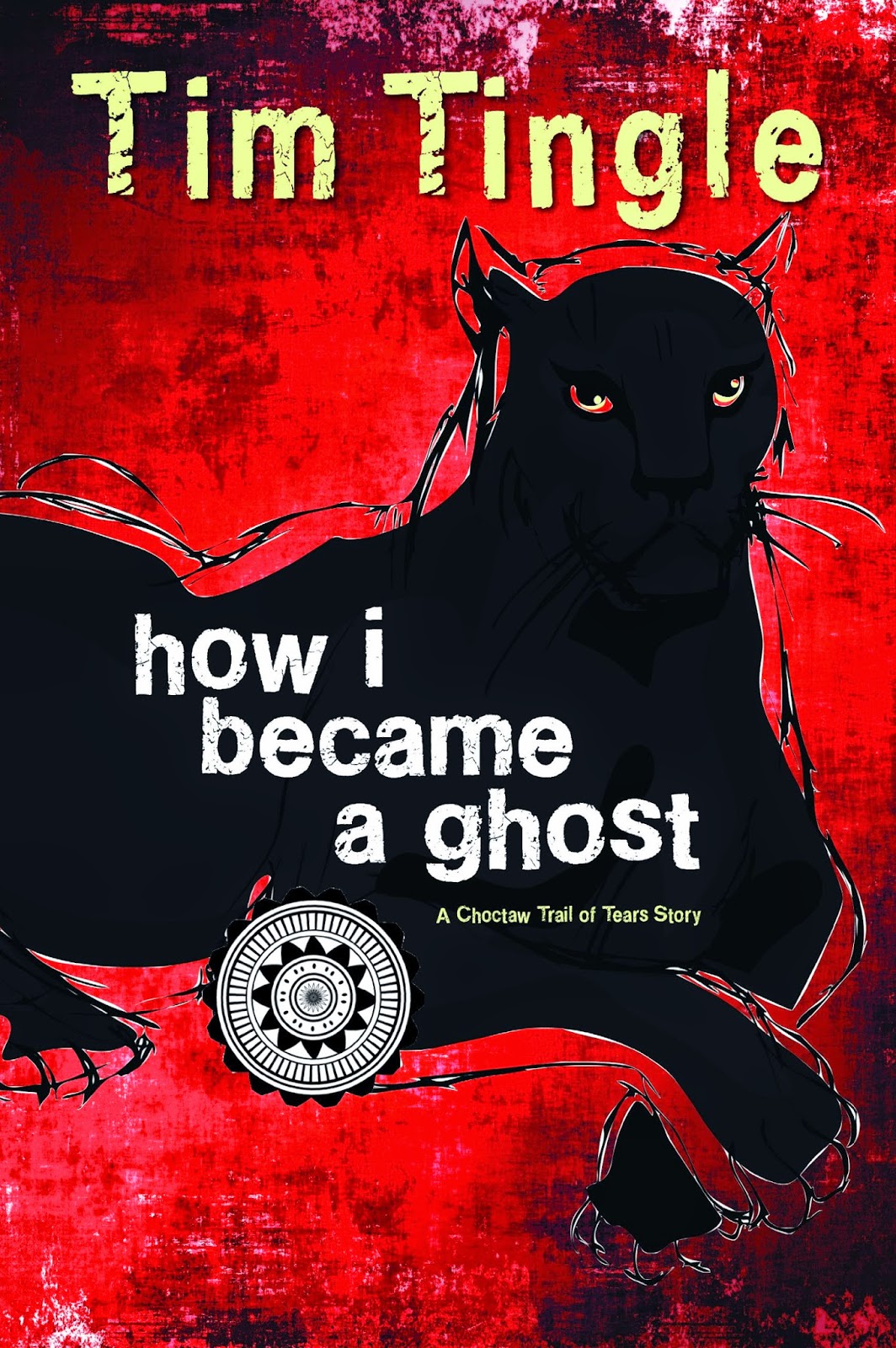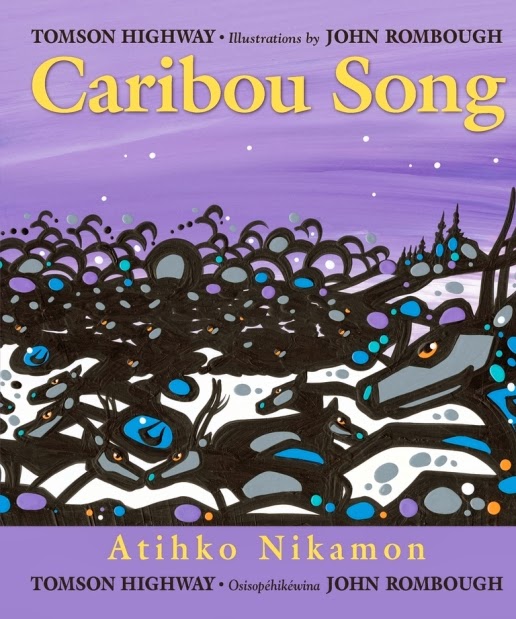Editors Note: On January 25, 2025, the American Indian Library Association (AILA) held its Youth Literature Award Ceremony in Phoenix. I am pleased to share the remarks Byron Graves delivered when he received the American Indian Youth Literature Award in the young adult category for Rez Ball.
****
AIYLA Medal Acceptance Remarks
Byron Graves
Rez Ball was inspired by fond memories of playing basketball for my high school basketball team on the Red Lake Reservation.
Our basketball team was a beautiful distraction from the tough, cold, dark winter months. We were something to cheer for, something to talk about, something to look forward to.
Sometimes life on our reservation can be tough for a wide variety of reasons. But basketball has always been what brought us together, what made us all smile no matter what we might be going through.
As I wrote Rez Ball, I delved into more memories. Some of love, some of pain. The excitement and the thrill of winning under bright lights in the biggest of moments. The crushing heartbreak of losing the final game.
For a long time, I felt like I had let my family, friends, teammates and community down when we lost the state tournament. That disappointment and frustration lingered. It was a weight that held me down. More loss and failure followed. Dreams that I chased, fell apart. My community was devastated by a school shooting. Some of my best friends and myself faced challenges with drugs and alcohol. Cancer stole My father and nephew, who was an upcoming basketball star.
There was a point in my life, when I began to believe that I wouldn’t ever win. At anything.
But basketball reminded me that life isn’t about the final score, it’s about the battle we face within. My younger sister and my niece, both were versions of Rez Ball’s main character, Tre Brun. In the middle of a school year, in the heart of their basketball seasons, they battled grief while staying in school and working hard, all the while, continuing to shine on the basketball court.
I cheered as they splashed deep three pointers and made flashy no look passes. But in my heart is where I cheered the loudest.
In awe of their strength, their bravery, their courage. Watching my family and reservation cope with loss and grief by playing a game, and cheering for each other inspired me to write Rez Ball. It inspired me to believe in myself again. It made me chase my dreams, with courage and excitement. Unafraid of the final score. Knowing it was about much more than that.
Rez Ball was a love letter to my family, my teammates, and my reservation. It is a shout out to all Indigenous communities across the country, where basketball, hoop dreams, carry us above the rim and lifts us when we need it most.
This book was all about teamwork. I couldn’t have done this without my team.
My father, for showing me tough love, pushing me beyond what I thought were my limits, and instilling in me, an undying work ethic.
My mother, for nourishing my creative interests. Instead of reading me bed time stories, she used to make them up as she went. Until I began to interject, with proposals I had for ideas of where the story should actually go next. And asking for multiverse cameos, as I believed her story could really use the star power of the smurfs and scooby doo.
She told me this, and it’s probably the biggest reason I’m standing up here today. “Christ, why don’t you just make up your own stories then?” And that was the end of story time, but the beginning of me creating my own stories. Thanks Mom!
My little sister, Bimwewe, who always was my biggest fan, and made me like an award winning author, well before I deserved such praise. But her love and support, tricked me into believing in myself during some of my darkest times.
My basketball teammates and coaches for the lessons, friendships and memories.
My reservation, for the unwavering support they show to young student athletes.
My best friend, Dalton Walker, and his amazing family, Taté and Ohíya. These three are the epitome of brilliance, of giving, of learning, of caring. I hold them near and dear in my heart in dark times, as they are a lighthouse of good in this world. They are my north star, guiding me towards the type of person I would love to be.
Rez Ball would not have been possible without the amazing, kind, and talented Cynthia Leitich-Smith. She taught me how to write. She saw my vision for Rez Ball, for the characters, the story, and the deeper meanings.
Cynthia helped me shape those threads, tighten them, sharpen them. Rez Ball has her fingerprints all over it. Miigwech Cynthia.
Rosemary Brosnan, for being an integral part of an imprint like Heartdrum even existing in the first place. For having bravery, a vision, and for being an ally as we tell our stories.
Thank you to everyone involved with the American Indian Youth Literature Awards for your countless hours of reading, thinking, and conversation. This is an unbelievably important and much needed space and stage that you have carved out for Indigenous authors.
Winning this award is the honor of my lifetime. This category had some of my all time favorite authors. I’m so damn proud to even be in their company, to be considered alongside them. My author heroes and friends. I’ve looked up to them for a long time, and strive to be as skilled as they are some day.
Rez Ball being ultimately chosen, is as a testament of how a game, how a book, how losing over and over in life, can show us all, what winning is actually all about. It’s about staying humble, fighting the good fight, uplifting your peers, accepting help, loving your community, finding a purpose beyond the superficial, and especially, never, ever giving up on yourself or your dreams.
From the bottom of my heart, thank you.
Miigwech
















